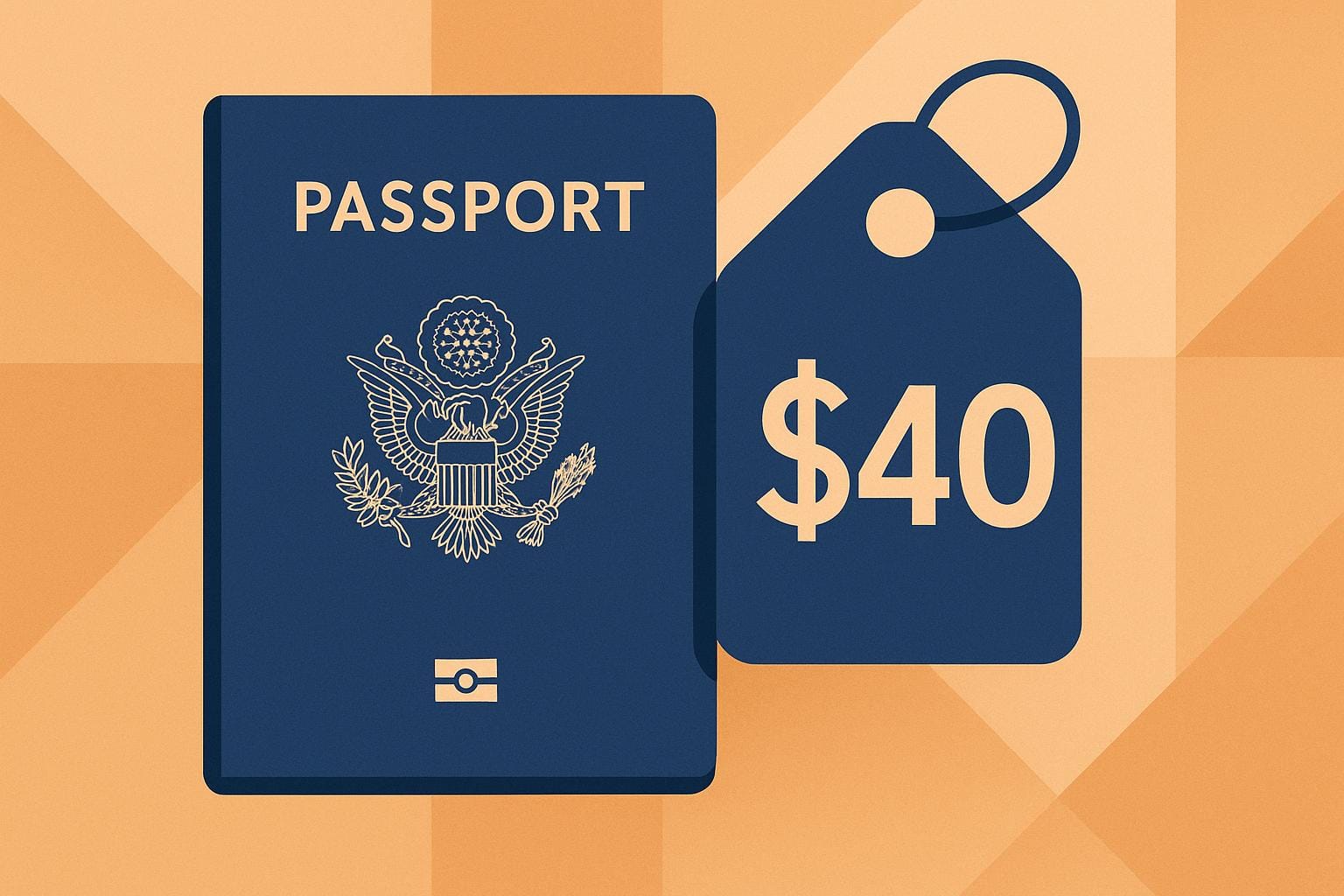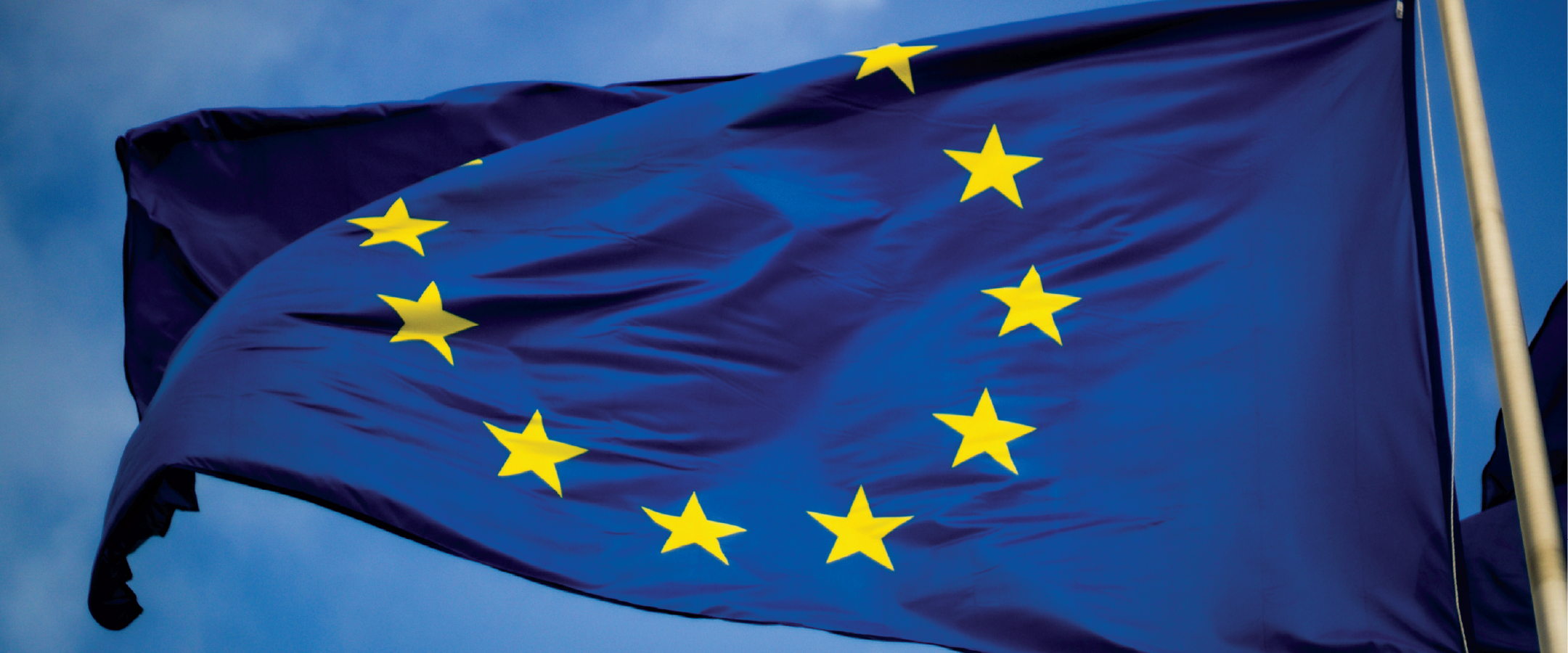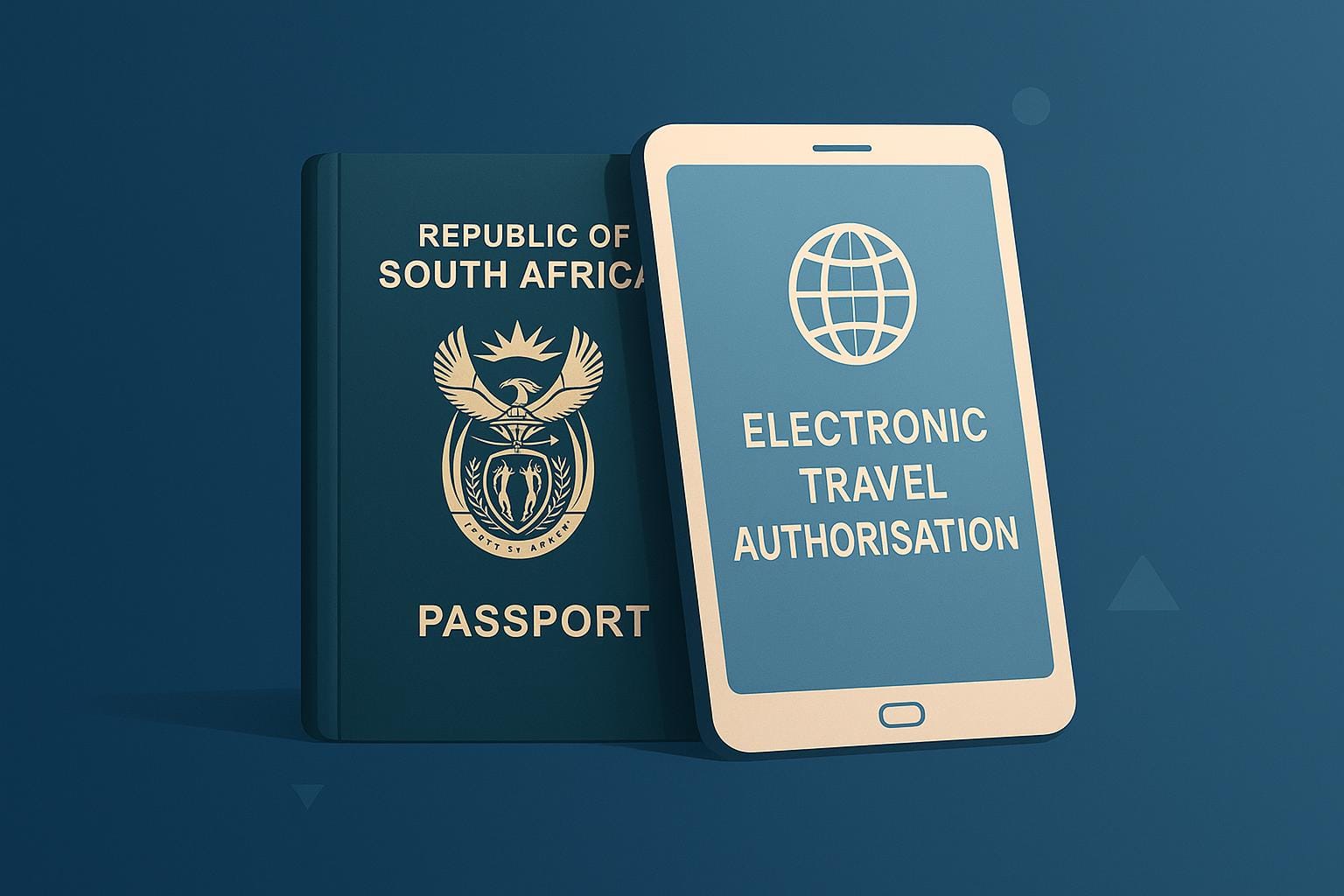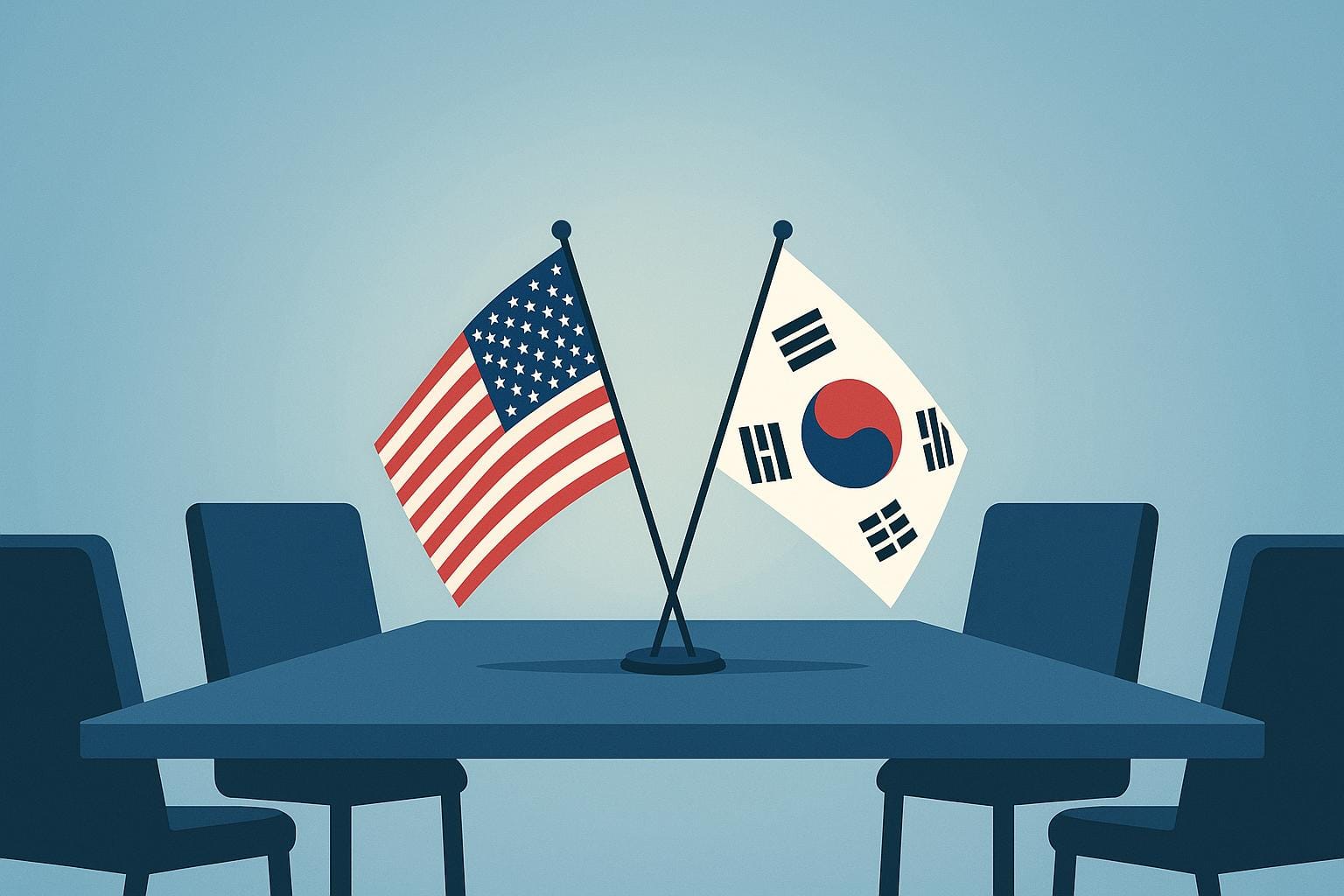Travellers planning short stays in the United States under the Visa Waiver Programme (VWP) will face increased entry costs as of 30 September 2025. The fee for the Electronic System for Travel Authorisation (ESTA) is set to rise from $21 to $40, according to the latest updates from U.S. Customs and Border Protection (CBP). ESTA allows citizens of 41 participating countries, including Hungary and other European Union nations, to visit the U.S. for up to 90 days without requiring a visa. While the authorisation remains valid for two years, the nearly doubled cost could influence travel decisions for families and frequent visitors.
Breakdown of the New ESTA Fee Structure
The new ESTA fee will comprise two components, as outlined by CBP:
- A $10 processing fee
- A $30 authorisation fee, which is distributed between the U.S. Treasury and travel promotion programmes
Importantly, if an ESTA application is denied, applicants will only be charged the $10 processing fee. For approved travellers, the $40 fee will retain the same two-year validity, linked to the traveller's passport.
Who Requires ESTA?
Citizens from all 41 countries in the Visa Waiver Programme, including Hungary, Germany, France, the United Kingdom, Japan, South Korea, and Australia, must secure a valid ESTA before boarding a flight or ship bound for the U.S. Failure to obtain ESTA or a visa can lead to denied boarding or entry. Hungarian nationals remain eligible for ESTA, but the higher costs may add financial pressure, particularly for families or groups.
Declining U.S. Visitor Numbers
The fee increase comes as international visits to the United States have yet to recover to pre-pandemic levels. Data from the U.S. National Travel and Tourism Office (NTTO) shows a 1.6% decline in international arrivals during the first half of 2025 compared to the same period in 2024. July figures revealed a more significant dip, with a 3% drop in foreign visitors, totalling 19.2 million arrivals. This marks the fifth consecutive month of decline, in a tourism market still struggling to rebound from the pandemic when arrivals peaked at nearly 80 million visitors annually. Rising travel costs globally, and now the increased ESTA fee, could further dissuade some international tourists, analysts suggest.
Additional Fee Changes for Non-VWP Countries
Changes are not limited to Visa Waiver Programme countries. Starting 1 October 2025, nationals from non-VWP countries such as Brazil, China, India, and Argentina will be subject to a new "visa integrity fee" of $250. This means the total cost of obtaining a U.S. tourist visa for these travellers will rise to $442, one of the highest visa application fees worldwide.
Hungarian and European Travellers Face Cost Pressures
For Hungarian travellers, the new ESTA fee presents an added expense. For example, a family of four would need to budget $160 solely for ESTA fees before considering flights or accommodation. While the two-year validity of ESTA helps mitigate the long-term cost, the upfront expense could deter repeat visits or spontaneous short trips. European tourism agencies have noted increasing price sensitivity among transatlantic travellers, and these heightened fees may shift demand toward alternative destinations. Canada, which recently launched direct Budapest flights, and Mediterranean holiday locations could benefit as more affordable options.
Practical Advice for Travellers
Travellers are encouraged to apply for ESTA only through the official CBP website to avoid extra charges from third-party providers. Applications can be submitted up to 72 hours prior to departure, although earlier submissions are recommended. Existing ESTA authorisations issued before 30 September 2025 will remain valid until expiry without requiring the higher fee.
Timing and Implications
The timing of these fee increases is significant, as the U.S. aims to balance tourism promotion and border security funding while competing globally for international visitors. Although the higher fees will provide additional revenue for these programmes, they may also discourage some travellers, especially as international tourism markets recover and alternative destinations gain appeal. For Hungarian tourists and other European travellers, careful planning will be crucial to managing travel budgets amid these changes.













